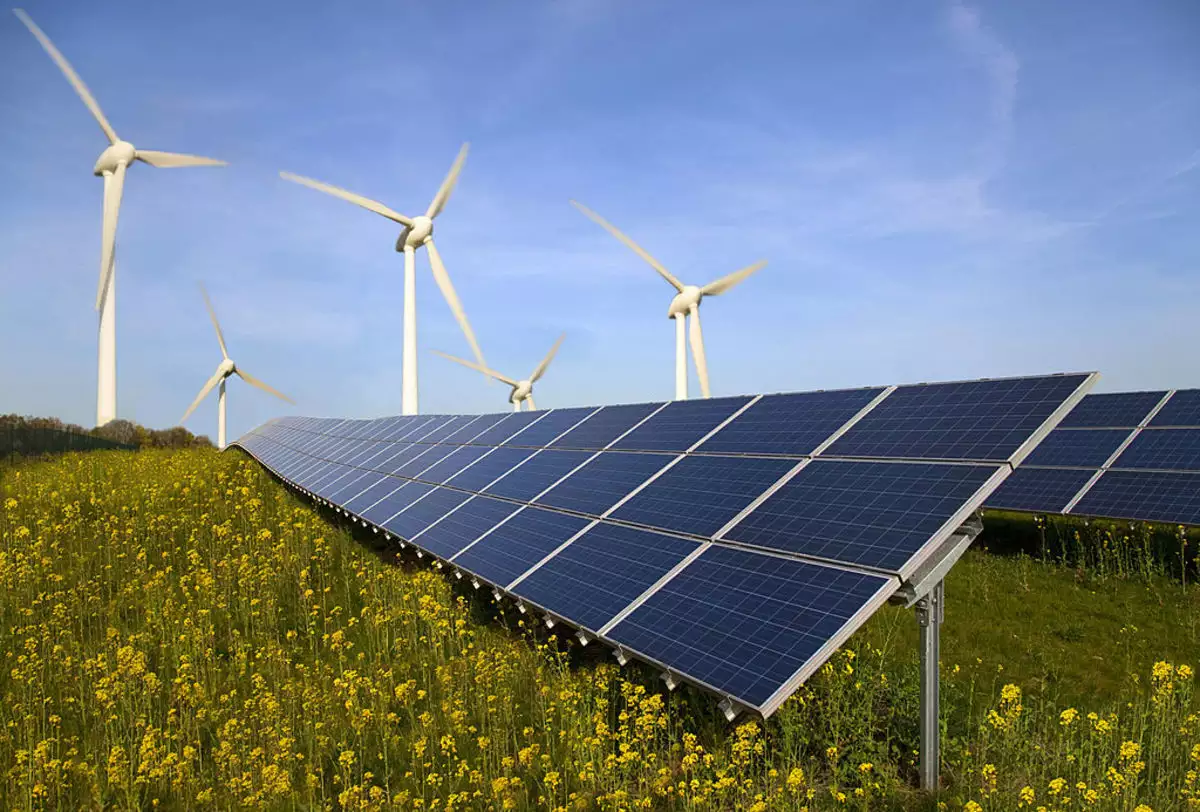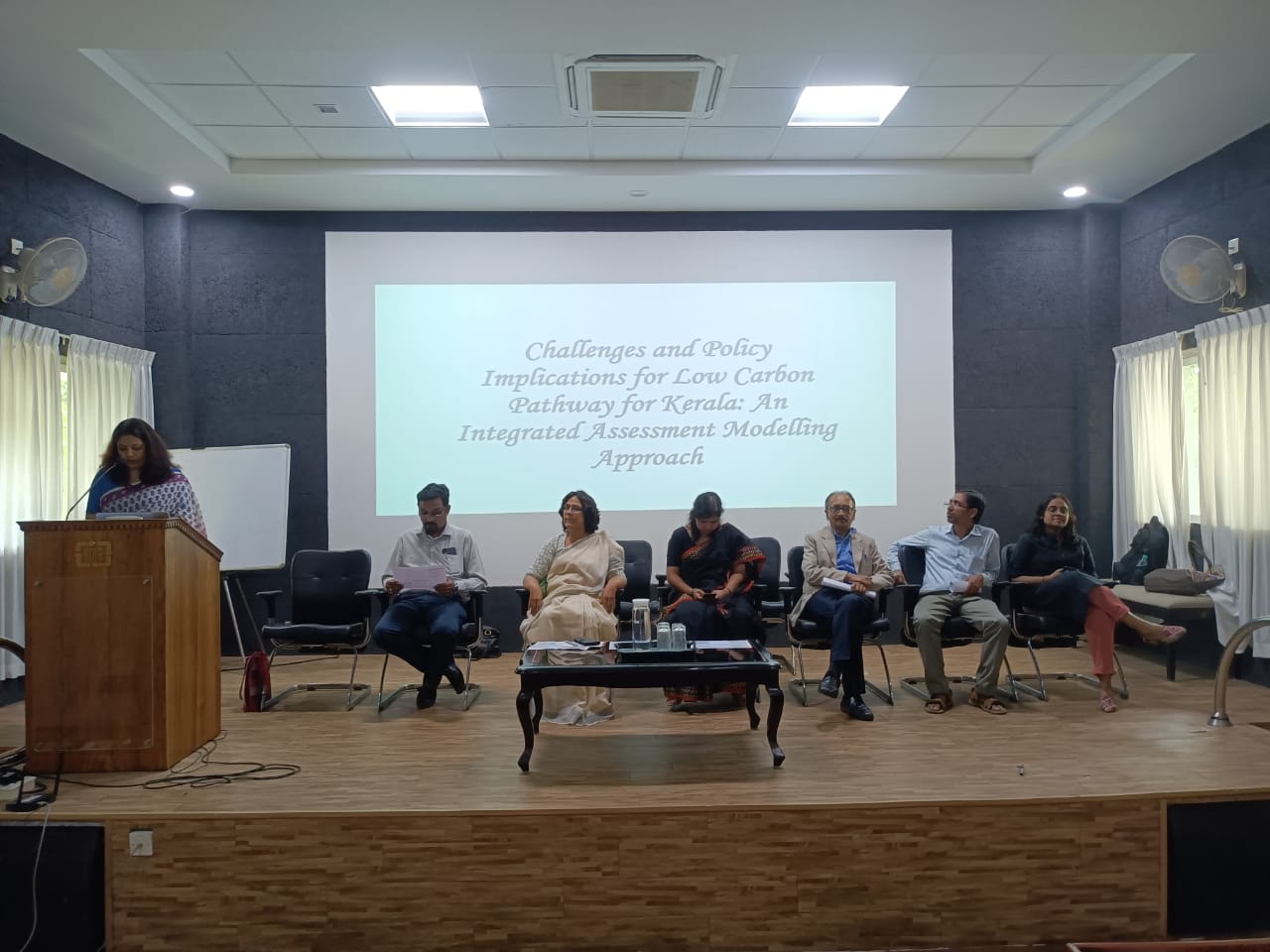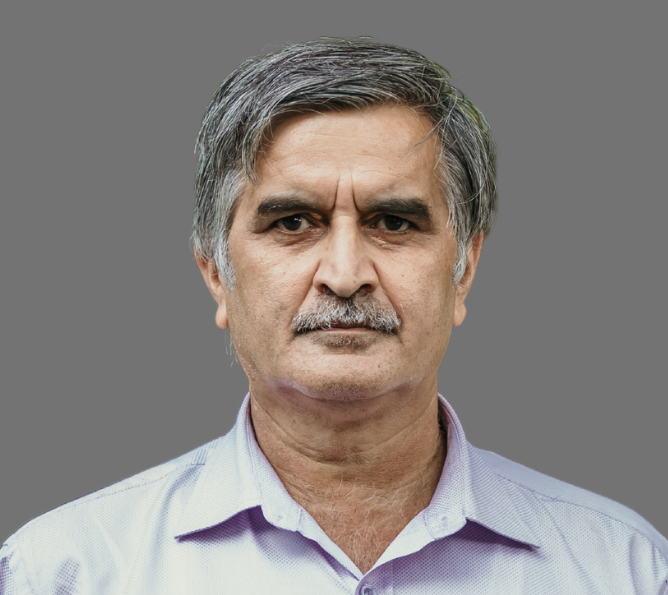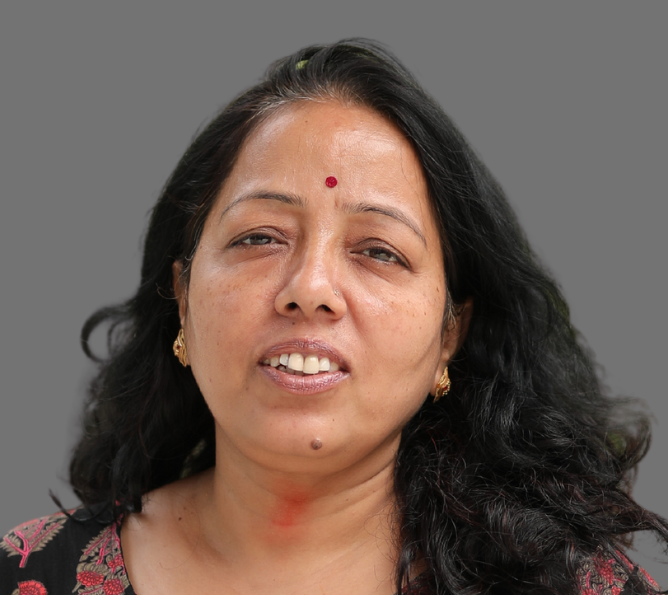The Indian sub-continent showcases significant variations in terms of natural resources, capital and labour productivity, access to energy sources, and production methods. The entire geographical expanse of India falls under 15 agro-climatic zones, which are likely to be affected differently due to the impending climate change. Given these variations in agricultural, manufacturing, and energy production processes, it is important to decode the low-carbon pathway at the sub-national (State) level rather than for the Indian sub-continent as a whole. We believe that the prevalent situation in India calls for a bottoms-up approach for deciding the right carbon pathway. The project thus focuses on the following themes:
- Decoding the national-level low-carbon pathway at the State level;
- Assessing the consistency of the national-level recommendations at the State level keeping in view the State characteristics;
- Employment implications of decarbonisation at the State level;
- Reality check of how the State-level energy/climate action plan synchronises with the national plan; and
- Responsiveness of the incentive mechanism to achieve the State-level
Recently, considerable research has been undertaken in India in policy circles to identify the pathway for achieving Net Zero Emission by the 2070s. Most of the researchers have adopted either a bottoms-up or a top-down modelling approach to arrive at policy recommendations. A nascent attempt has been made by NCAER and its research collaborator, to build an integrated modelling approach by marrying a top-down multi-sector/multi-household CGE with a multi-sector MESSAGE-ix based Energy Systems model. The biggest advantage of the integrated modelling approach is that the price and Gross State Domestic Products (GSDP) are endogenous in the model, enabling it to capture the price formation within the modelling framework.
However, as almost all the models in this area are national ones, they do not take into account inter-State differences with respect to availability of the primary resources of land, mineral resources, capital, and labour, the production process, output, and socio-economic profiles. Thus, the policy choices drawn from the national model may not prove feasible at the State level due to economic or resource constraints faced by any particular State(s). Albeit, most the States have now drafted their individual climate action plans while a few of them have also devised their respective energy calculators. The climate action plans are qualitative in nature, focusing on the aspirations of the concerned States and do not explicitly explain the feasibility aspect of the same. The State energy calculators provide alternative energy pathways, taking into account the exogenous State growth pathways and do not incorporate the price impacts or socio-economic implications of the low-carbon pathways.
In this context, NCAER envisages to construct standalone integrated models at the State level for two States, namely Kerala, and Odisha, by adopting the modelling framework developed by NCAER and its research collaborators.












